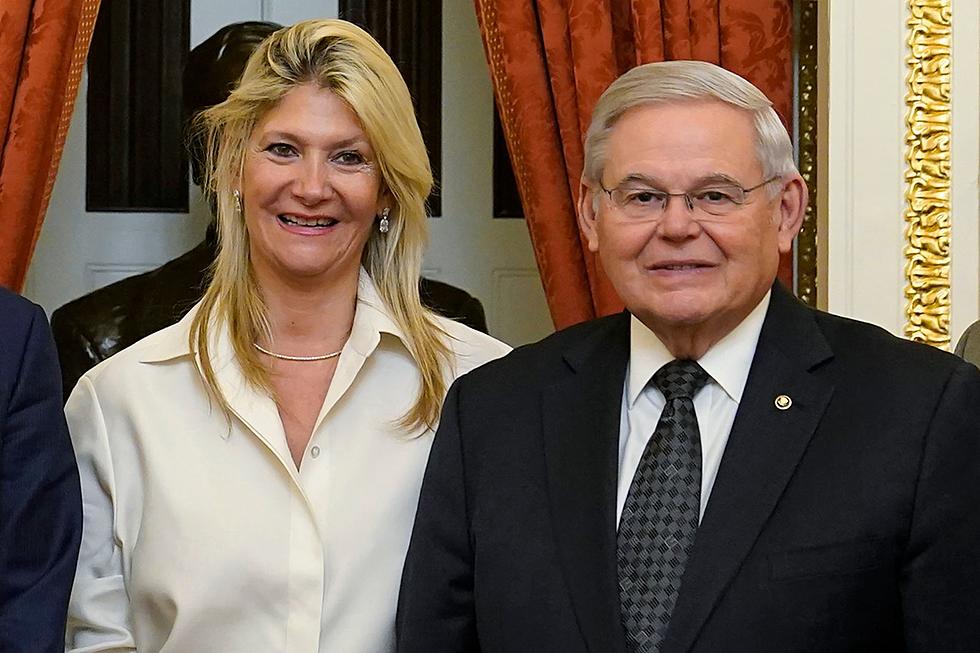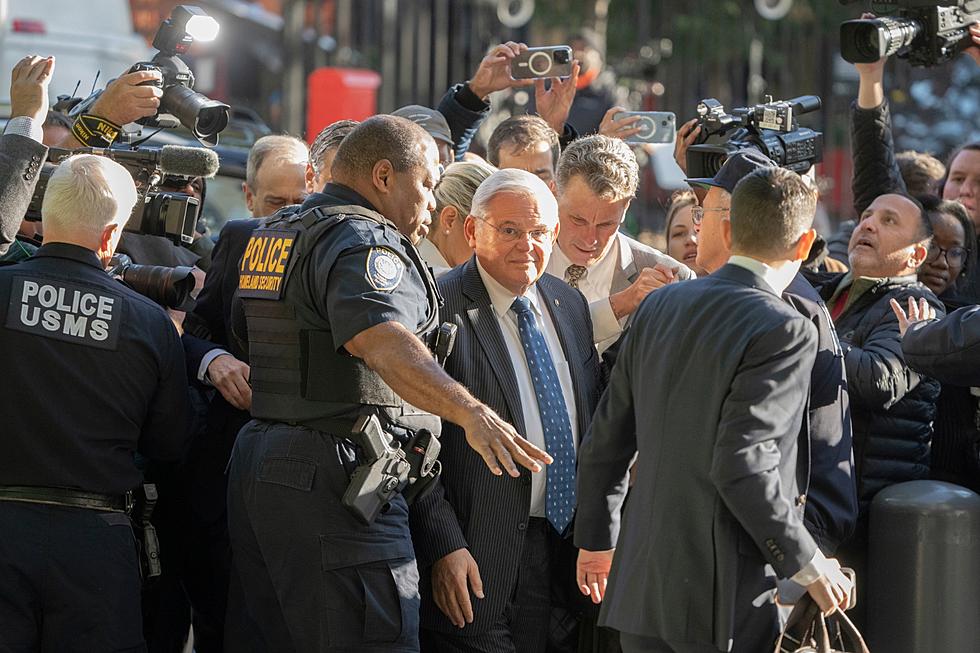
Democrats renew their push for more lead abatement funding
Democratic lawmakers have renewed their push to fund a state program designed to reduce lead poisonings, reigniting a possible showdown with Gov. Chris Christie.
Committees in the state Assembly and Senate each passed identical bills on Monday that would put $10 million into the long-dormant Lead Hazard Control Assistance Fund.
Lawmakers are pushing the measure less than two months after the Republican governor vetoed identical legislation. Christie cited already existing lead-abatement programs that spend millions of dollars each year.
The governor has said he's not philosophically opposed to putting money into that fund, but he said the issue should be addressed through the budget process.
"We are not going to do supplemental spending," he said at a news conference last week. "We are just not going to do it. I have not done it for six years and that is exactly why vetoed it, no other reason."
The Democrats want to replenish funding for a program that began in 2004 and was funded by a tax on paint cans. Among other things, it provided financial assistance to property owners who wanted to safely remove lead paint. But since former Democratic Gov. Jon Corzine's administration, the tax's revenues have been diverted into the general fund.
"$10 million is not going to make or break the budget," state Sen. Ronald L. Rice said before his committee's vote. "I know that these kids need this and I know that they have been damaged by this stuff."
Despite major gains in reducing lead poisoning during the last 20 years, there is renewed debate over lead in New Jersey, in part because of the crisis in Flint, Michigan. But the Centers for Disease Control and Prevention also recently set stricter standards, cutting in half the amount of lead in a child's blood that's considered dangerous.
In 2013, that change increased the number of children at risk in New Jersey from more than 800 to more than 5,000.
The CDC's change prompted legislation in Congress. On Monday, U.S. Sen. Bob Menendez of New Jersey co-sponsored a bill that would require federally subsidized housing to follow the CDC's new guidelines.
Such a change would impact when landlords must begin lead remediation efforts or relocate children and their families from a lead risk, among other efforts.
"New Jersey is still seeing that there is a problem with lead," Assemblywoman L. Grace Spencer, a Democrat from Newark told The Associated Press last week. "If there wasn't, we wouldn't be asking for the funding" for the state lead-abatement fund.
But Christie indicated at a news conference last week that he would not support the legislation.
The state already budgets $7 million a year for lead abatement and uses $5 million in federal funding to address lead in properties damaged by Superstorm Sandy. His office said an additional $3.8 million has been proposed for the lead issue next year.
Christie said Thursday that the lead issue has become "over-dramatized." The "fact is that New Jersey has a fund that helps to pay for this," he said.
(Copyright 2016 The Associated Press. All rights reserved. This material may not be published, broadcast, rewritten or redistributed.)
More From New Jersey 101.5 FM









